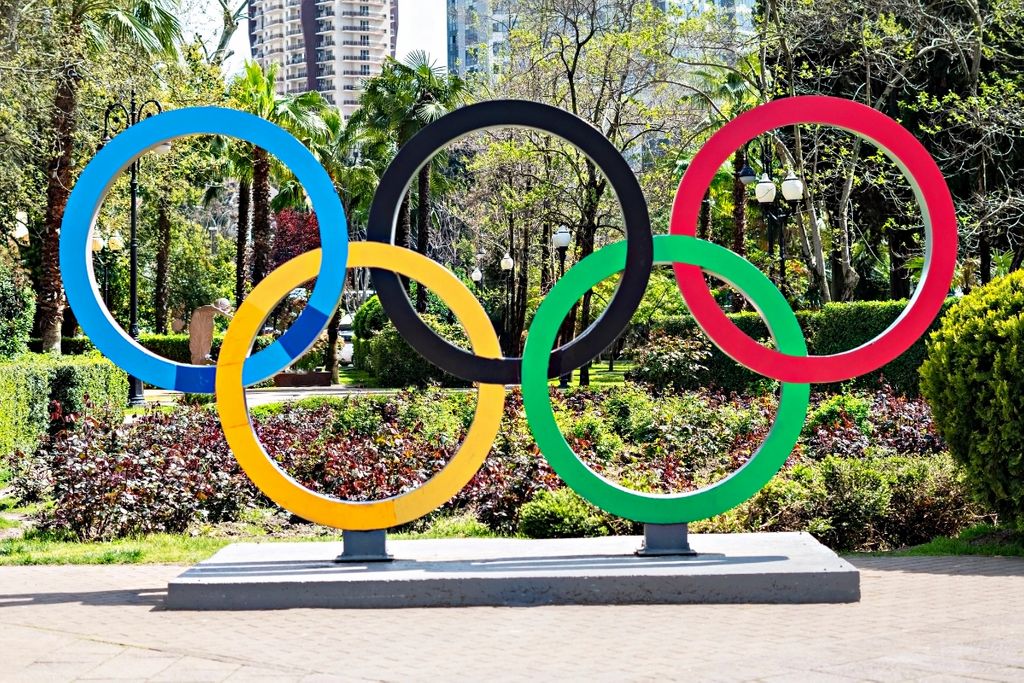Tokyo Olympics: The Universal Language Of Sport
Jul 29, 2021 • 15 views

Every four years, the Olympic Games bring together athletes from more than 200 countries all speaking a wide array of languages.
Promoting the interaction of cultures and languages is one of the goals of the Olympic Games and if you’ve watched any of the events so far, you would have heard different languages spoken throughout official proceedings.
Have you been able to figure out what they are?
Official languages of the Olympics
The International Olympics Committee (IOC) has two official languages — French and English.
It is customary that all announcements during official proceedings at Olympic events be announced in these two languages, followed by the official language of the host country.
That’s why you will hear announcements in French, English, and then, Japanese, during the Tokyo Olympics.
So why are French and English the official languages of the IOC you ask?
English may be an obvious choice, but what about French…?
Why is French one of the official languages of the IOC?
Pierre de Coubertin, a Frenchman, was the founder of the IOC and is known as the father of the modern Olympic games which took place in 1896.
Coubertin’s French heritage cemented the romance language as an official language of the IOC — a status which it still holds today, 125 years later.
The IOC charter also states that “in the case of divergence between the French and English texts of the Olympic Charter and any other IOC document, the French text shall prevail unless expressly provided otherwise in writing.”
This essentially means that French holds a greater status than English in the eyes of the IOC.
How do the Olympics overcome language barriers?
Whether it be ensuring that athletes understand instructions whilst they are competing or international spectators being able to navigate the host city, language is a major obstacle for the IOC.
The IOC Olympic Charter states that “at all Sessions, simultaneous interpretation must be provided into French, English, German, Spanish, Russian and Arabic.”
Simultaneous interpretation (SI) is when an interpreter verbally translates the message from one language to another in real-time, helping to facilitate communication without disrupting the natural flow of the speaker.
Hundreds of translators and interpreters also accompany athletes and coaches to assist in communication with the judges and media, as well as to help Olympians to communicate with fans and other athletes.
The host city also goes to great lengths to try to minimise language barriers for international visitors.
On the streets, signage appears in different languages to try to avoid traffic accidents and confusion, whilst many restaurants supply translated menus to try to make it easier for customers to order.
So, keep an ear out…
The goal of the Olympics is to help build a better, more peaceful world through sport, and language is a vital component of that.
Now you know what the three official languages of the Tokyo Olympics are, keep an ear out for the French, English and Japanese commentary the next time you tune in to watch the Aussies bring home Gold!
